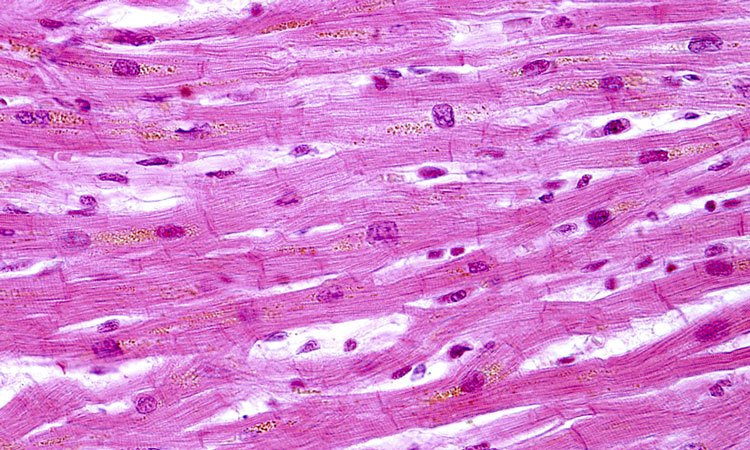Hidden culprit in heart failure discovered
Posted: 11 January 2019 | Drug Target Review | No comments yet
A study has identified that PI3K alpha could be the culprit of heart failure, as it binds to gelsolin, suppressing it and preventing it from working…


An international research team led by scientists at the University of Alberta have pinpointed a hidden culprit that leads to dilated cardiomyopathy – a dangerous condition that accounts for 20 percent of all cases of heart failure – which opens the door to potential new treatments that could help counter the threat.
The team identified a key molecule named PI3K alpha that binds to gelsolin – an enzyme that can destroy filaments that help make up the structure of the heart’s cells – and suppresses it.
The researchers, led by Dr Gavin Oudit, a Professor of Cardiology at the University of Alberta and Director of the Heart Function Clinic at the Mazankowski Alberta Heart Institute, believe the molecule holds great promise as a possible therapeutic target, offering a possible path forward to personalised and precision medicine for patients with dilated cardiomyopathy.
The condition decreases the heart’s ability to pump blood because its main pumping chamber, the left ventricle, is enlarged and weakened. Researchers studied the condition at the molecular level in animal models and in explanted human hearts, and found that the pathway leading to dilated cardiomyopathy is common in all species.
According to Prof Oudit, who holds the Canada Research Chair in Heart Failure, the condition is caused by biomechanical stress, which activates the gelsolin enzyme.
“You need some gelsolin, but when it gets out of control, it destroys things. The molecule chews up the filaments and you get really bad heart failure,” said Prof Oudit. “But we have also shown that when you suppress this molecule, you preserve your heart function. It’s intact.”
Prof Oudit said the potential impact on patient care is huge.
“By understanding these patients better, we’ll hopefully be able to develop specific therapies for them,” he said.
According to Prof Oudit, there are currently no specific treatments for patients with heart failure. The same medications are used for all patients.
“But if we can now identify patients that have problems with this type of remodelling (dilated cardiomyopathy), we can target them specifically,” he explained. “That’s where we’re heading down the road. And to take this research right from the molecule to our patients, it’s very rewarding.”
Related topics
Disease research, Drug Discovery, Drug Discovery Processes, Drug Targets, Research & Development
Related conditions
Heart failure
Related organisations
Mazankowski Alberta Heart Institute, University of Alberta
Related people
Dr Gavin Oudit



